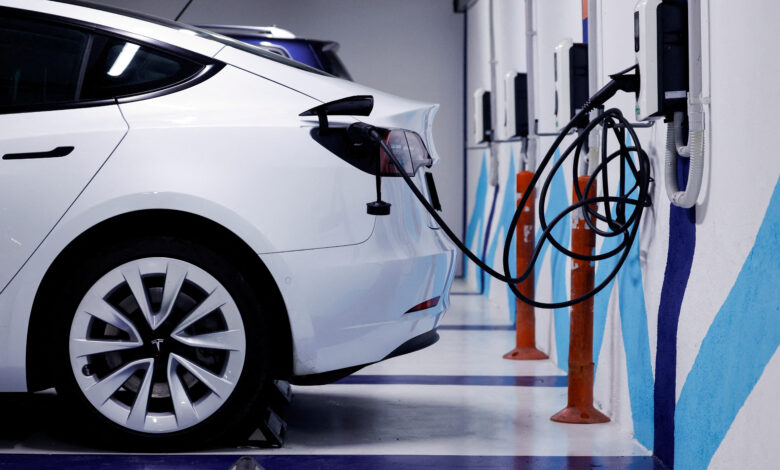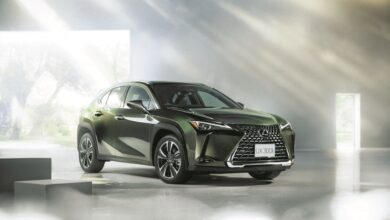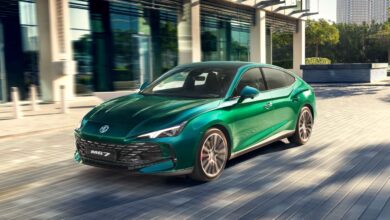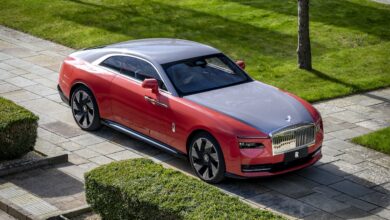The Future of Electric Vehicles in the Middle East

The Middle East’s electric vehicle (EV) future is an intriguing and developing subject, with a number of factors affecting EV acceptance and growth in the area.
The Middle East is home to many nations that are promoting the use of electric vehicles. For electric automobiles, governments are providing incentives including subsidies, tax cuts, and waived registration fees. In order to promote the usage of EVs, they are also investing in the infrastructure for charging.
such many other regions, the Middle East is dealing with environmental issues such air pollution and climate change. Traditional internal combustion engine vehicles are viewed as being less polluting and less damaging to the environment than electric automobiles. The demand for EVs may rise as environmental awareness rises.
The Middle East is well-known for having large oil and gas deposits, which have historically been very important to the local economy. Some nations in the region are attempting to lessen their reliance on fossil fuels by diversifying their energy sources. Increased interest in electric vehicles fueled by renewable energy sources may result from this transformation.
As technology develops and economies of scale are attained, it is anticipated that the total cost of ownership for electric vehicles will become more comparable to that of conventional petrol and diesel vehicles. This might increase Middle Eastern consumers’ interest in EVs.
For electric cars to become widely used, a strong infrastructure for charging them must be developed. To assist the expanding EV market, governments and private businesses are investing in parking lots, highways, and metropolitan areas with charging stations.
Due to variations in customer tastes, governmental policy, and economic development, the Middle East may see varying rates of adoption of electric vehicles. While some of the wealthier Gulf nations have embraced electric vehicles (EVs) early on, others might do so more gradually.
To accelerate the adoption of electric vehicles, it will be imperative to raise awareness of their advantages and address issues with range anxiety, charging infrastructure, and maintenance expenses.
Continuous developments in EV technology, such as enhanced battery efficiency and range, will increase the usefulness and attraction of electric vehicles to Middle Eastern consumers.
In conclusion, a mix of governmental regulations, economic variables, and environmental concerns will probably determine the direction that electric vehicles go in the Middle East. Although many Middle Eastern countries have only recently begun to use electric cars, there is room for expansion and a transition towards greener, more sustainable modes of mobility in the area. It may take some time for this shift to fully materialise, and the speed and scope will differ depending on the nation.




